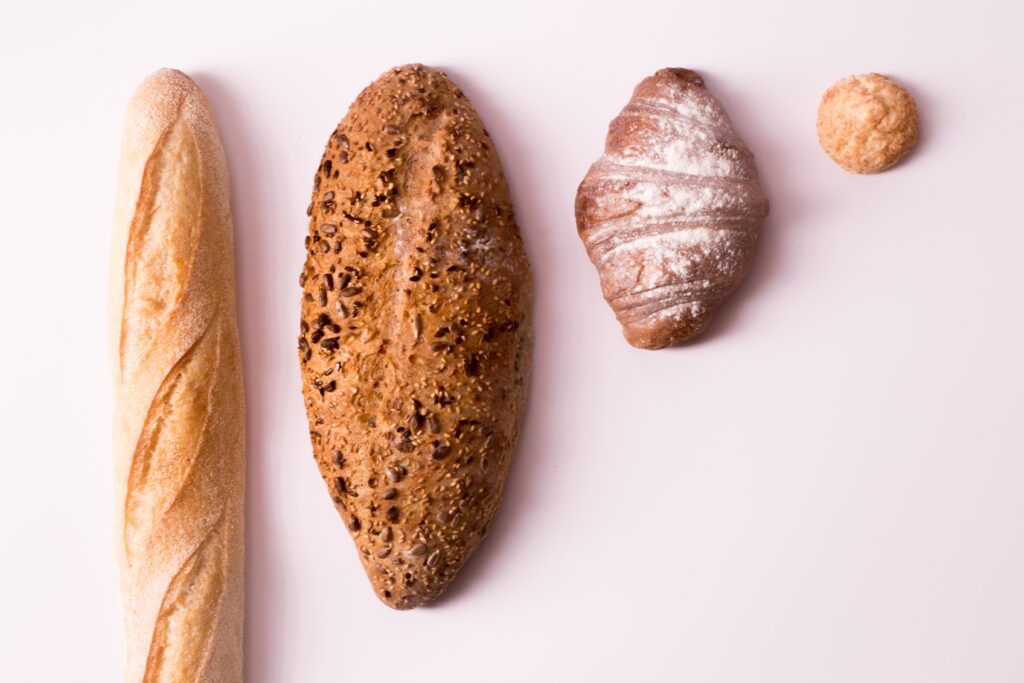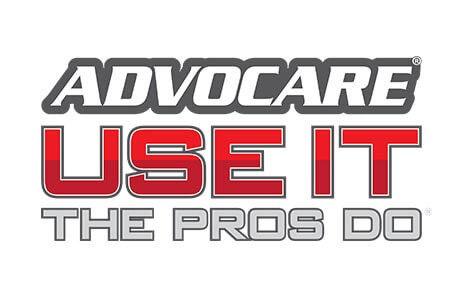Of all the nutritional questions I get asked, the question of Gluten is probably the most difficult to answer definitively but I am going to try to lay out some information and then the decision has to be yours (and your Dr.’s in some cases), as to whether you want to go the gluten-free route or not. Some of what I will present is my opinion, some are facts I have collected through research, and some are my experiences either personally or working with clients.
What is Gluten and what is it in?
 Gluten is a protein naturally occurring in wheat, rye, and barley, and it will be in any food item containing those grains unless “gluten-free” is on the label. (Bread, pasta, baked goods, many salad dressings and sauces, crackers, etc).
Gluten is a protein naturally occurring in wheat, rye, and barley, and it will be in any food item containing those grains unless “gluten-free” is on the label. (Bread, pasta, baked goods, many salad dressings and sauces, crackers, etc).
The reason some scientists believe our bodies react badly to gluten is because they say that wheat, barley, and rye were not an original part of humans diet, that the grains entered into our diets only about 10,000-15,000 years ago and so we have not adapted to breaking down the protein. Another view is that through environmental changes and genetic modifications of grains, our digestive systems view gluten as a foreign body and thus the immune response.
(Wheat-free means that it is a product made without the use of wheat, however, that does not mean it is gluten-free. Some people can have wheat allergies but not have a sensitivity to gluten, so wheat, like milk and nuts must be on the label.)
What is the problem with eating gluten?
Maybe nothing, maybe everything depending on the person eating it! In some professional opinions, if you do not have celiac disease or non-celiac gluten sensitivity, then you should have no issues consuming gluten.(unless you’re individual diet plan eliminates it) In my opinion, limiting or avoiding gluten can help lessen inflammation and inflammatory issues such as rheumatoid arthritis, irritable bowel, and everyday aches and pains.
That being said, I believe that those without any of the issues listed above can consume moderate amounts of foods containing gluten with no ill effects.
What is Celiac disease?
Celiac disease is a chronic digestive disorder that causes damage to the lining of the small intestine, leading to the malabsorption of nutrients and minerals. Basically, people with celiac have an allergic type response to gluten. The only cure for celiac is to completely eliminate gluten from the diet. The damage caused to the person with celiac disease is quickly reversed when gluten is taken out of their diet!
Symptoms. (not a complete list) bloating, gas, iron deficiency anemia, diarrhea, weight loss, and weakened bones. Some may experience mild symptoms while others can be dramatic! Children with celiac may have stunted growth and some may have ADD/ADHD symptoms until put on a gluten-free diet.
Non-celiac gluten sensitivity has similar symptoms yet the body lacks the antibodies that cause the damage to the intestinal walls. It is more of an autoimmune response than an allergy.
How do I know if I have either?
The only way to know for sure is to be tested, and if you suspect you have celiac disease it is important to see your Dr.! The issues with the destruction of the intestinal lining can lead to many life-threatening diseases, as well as long-term problems from malabsorption. If you think you may be sensitive to gluten, you can try eliminating it from your diet and determine how you feel on your own. (I would suggest keeping a food journal to be sure it is not something else you are consuming that is causing the symptoms.)
Some questions to ask yourself if you are concerned you may have celiac disease or gluten sensitivity:
- Does anyone in your family have either?
- Do you have another autoimmune disease such as insulin-dependent diabetes, thyroid, or adrenal disease?
- Do you have STRONG food cravings? (usually dairy or gluten foods)
- After meals, do you often feel bloated or have abdominal cramps?
- Have you had more than one episode of severe abdominal cramps?
- Do you have an addictive reaction to alcohol?
- Are you a smoker?
- Do you struggle with anxiety or depression?
- Have you ever had an unexplained distorted vision?
- Do you have a difficult time getting to sleep?
- Do you have the need to get up often during the night to urinate?
- Were you ever a bed-wetter (or if it’s a child, do they wet the bed beyond a reasonable age)?
- Do you have an excessive need for sleep?
- Are you disoriented and confused when you wake up?
- Do you have a difficult time finding the energy for regular daily activities?
You don’t need to answer yes to all those questions in order to feel you may want to be tested, and this is in no way replacing a diagnosis by a Dr., just a way for you to assess your potential risk.
Potential problems when eliminating gluten:
If you are not careful, eliminating gluten can also eliminate certain nutrients that are essential for good health, like magnesium, fiber, and good carbohydrates. Often times people who decide to eat gluten-free, choose processed foods that have been made with ingredients as a substitute for gluten, these can be calorie-dense and nutritionally weak, causing weight gain. You can go gluten-free and still eat grains like oats (check the label some are produced where wheat is also processed and may have traces of wheat and wheat gluten), Quinoa, brown rice, and buckwheat (actually a fruit grain).
What about alcohol and gluten?
Some people with sensitivity to gluten have noticed issues with certain grain alcohols. They report having a very low tolerance for them compared to other alcoholic beverages, and some say that they will have a hangover disproportionate to what they drank…. That being said, the distillation process should eliminate the gluten from the alcohol, so why it would create a problem doesn’t quite make sense to me?
So…… am I a gluten-free person? Not completely, however, by eating clean, almost all wheat and processed foods are already out of my diet. I do not buy gluten-free processed foods to replace regular baked goods or pasta. Occasionally I use brown rice pasta, quinoa, brown rice, and oats, rarely I do eat bread or other things that do contain gluten.
I do believe that I feel better, clearer-headed, less bloated, and more energetic when I stick to a clean diet, so is that because I am primarily gluten-free or just “junk” free? going gluten-free is really a choice that you need to make for yourself, paying close attention to how you feel, your overall health, and your personal lifestyle.


